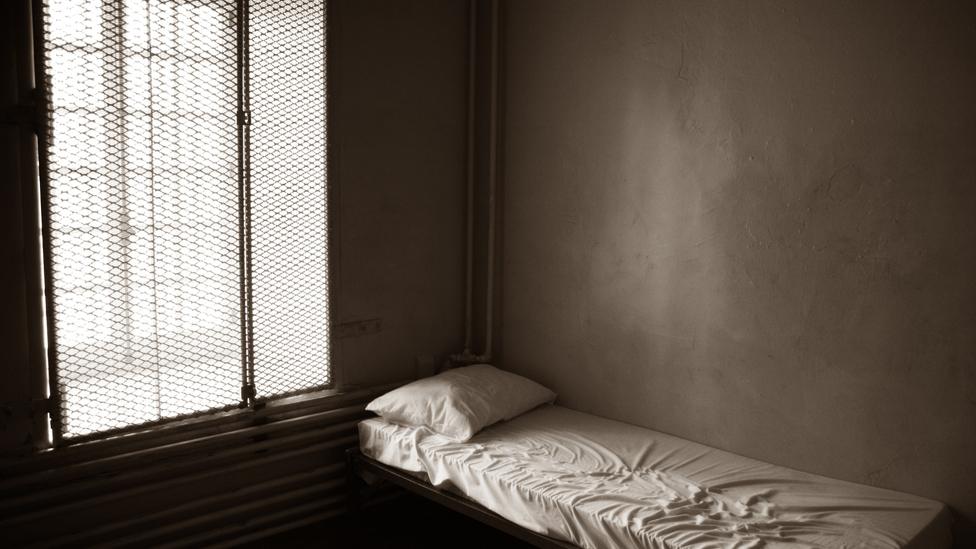Youth justice body 'failed to protect children and public'
- Published
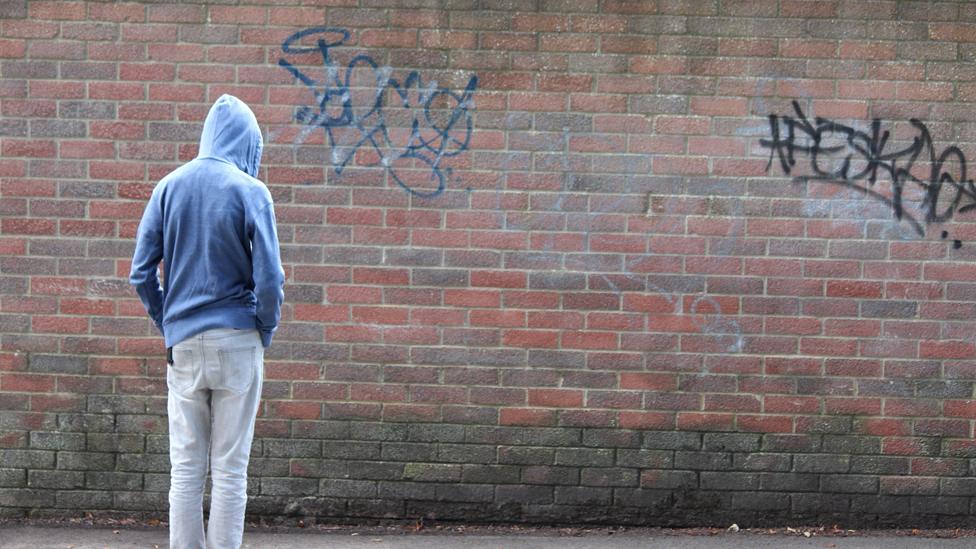
Youth justice services are supposed to help prevent crime, supervise offenders and protect the public
Young people at risk of committing crime were not adequately supervised by staff at a youth justice service, probation inspectors have found.
The report into the Western Bay Youth Justice and Early Intervention Service in south Wales raised several concerns.
Inspectors said the body underestimated the risk posed by children's previous criminal behaviour and did not properly protect the public.
Western Bay has "fully accepted" the findings.
Youth justice and early intervention services work with young people aged 10 to 17 to help prevent crime, supervise offenders and protect the public.
The Western Bay service - the result of a "poorly managed" merger of youth justice services in Swansea, Neath Port Talbot and Bridgend in 2014 - was inspected by HM Inspectorate of Probation last year.
In contrast, Wrexham Youth Justice Service in north Wales was found by inspectors to be good overall, with many impressive areas of practice and "high aspirations" for children and young people.
Serious harm
The inspection of Western Bay also raised concerns over safeguarding of the young people being supervised, and found many examples where it was "impossible to tell" if the children were protected.
It said it was particularly serious that two youngsters who had downloaded indecent images of child abuse were deemed as being at low risk of serious harm.
Inspectors said in the case of one of these children, Western Bay had not properly understood the child's ability to access the "dark web" when, in reality, it was "virtually impossible to come across materials of this nature accidentally".
The report also said some children as young as eight with safeguarding needs were being incorrectly referred into a criminal justice scheme.

HM Chief Inspector of Probation Dame Glenys Stacey said the three councils had not taken full responsibility
Inspectors also said:
The management board did not have a good enough understanding of its responsibilities or difficulties
The strongest area was support for children and young people to prevent re-offending, but their needs were often underestimated and the impact of abuse in their backgrounds was not given significant weight
Managers and staff were "left to firefight and respond to the symptoms of significant systemic problems"
Inspectors found that staff - whose morale was "fragile" - were "very child-focused" and trying to do their best in difficult circumstances, and police support to the service was good.
HM Chief Inspector of Probation Dame Glenys Stacey said: "We expect the management board to take swift action to deal with the recommendations."
Last week it was announced that Western Bay's regional approach was being discontinued.
Andrew Jarrett, chairman of its management board, said this would ensure close co-operation between council social services and other organisations to provide "the best services possible" to vulnerable young people.
"A number of priority actions identified in the report have already been completed by each local authority and more comprehensive action plans are being developed to address all of the concerns," he added.
- Published28 March 2019
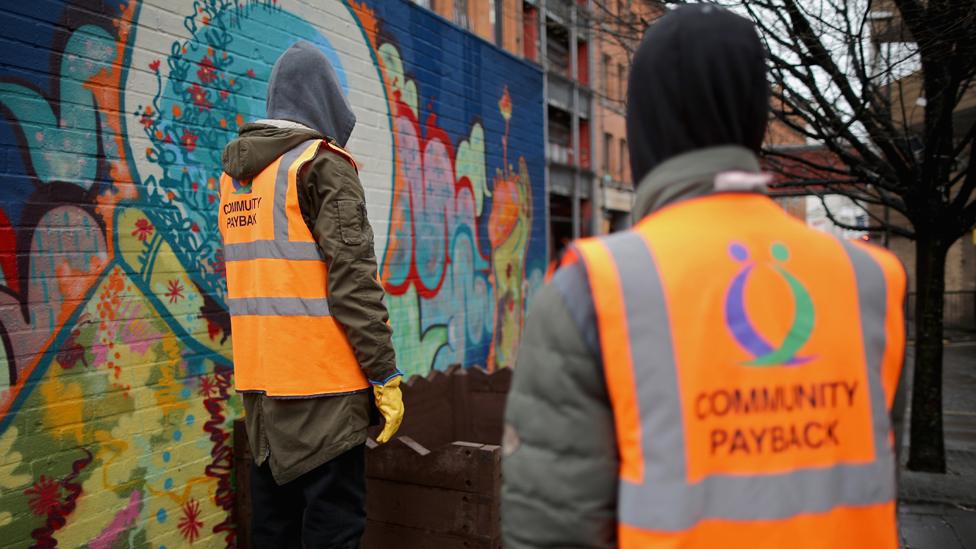
- Published17 February 2019
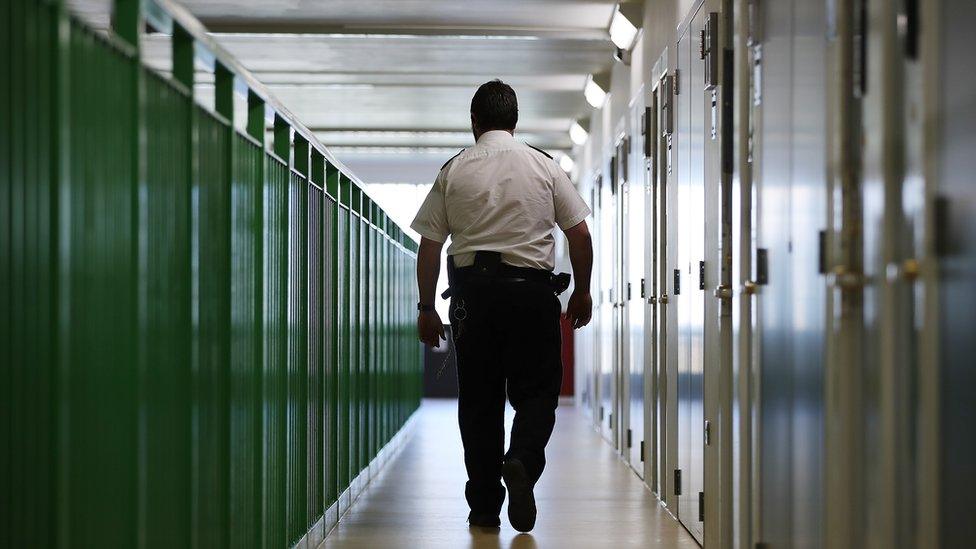
- Published15 February 2019
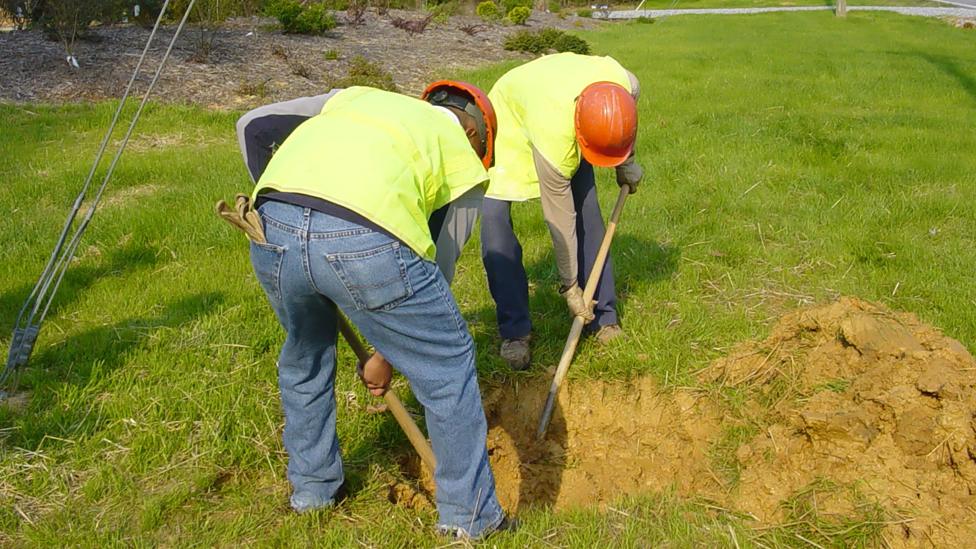
- Published16 January 2019
